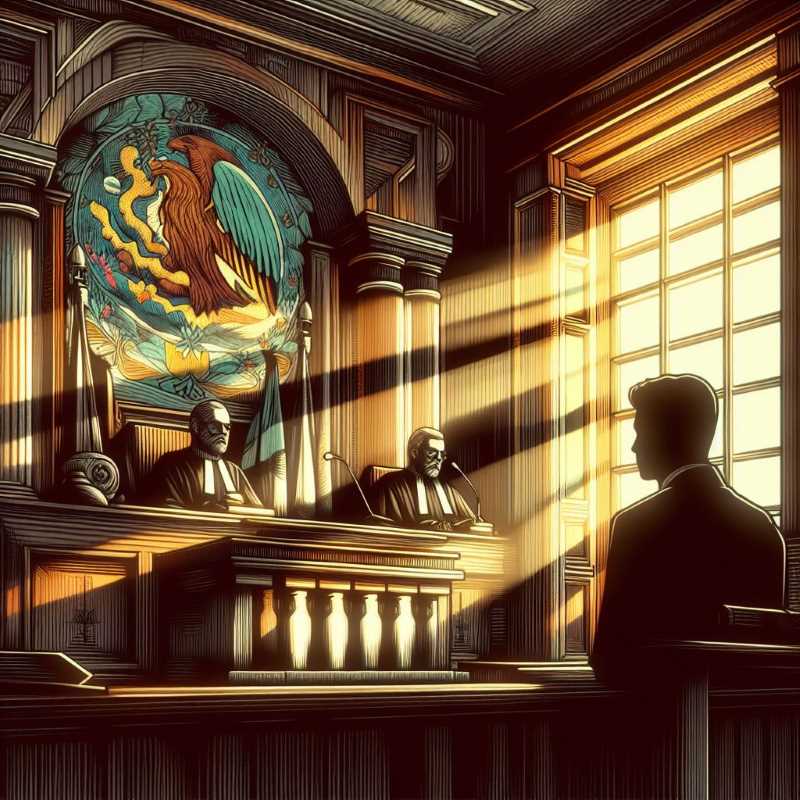How Mexico Grapples with the Principle of Publicity
Mexico's constitution enshrines “publicity” (transparency). But how does this ideal clash with necessary secrecy in both the justice system and within the government itself?

In a dusty corner of any decent law library, one might encounter the ghosts of legal systems past. These spirits, bound within faded case reports and archaic statutes, carry recollections of a different era. Mexico's own legal phantoms are especially restless; there's the specter of a system choked by impenetrable paperwork, where justice moved at a snail's pace, hidden from public view.
Yet, in 2008, this haunted landscape shuddered. A constitutional exorcism of sorts swept through, fueled by public outcry against a system perceived as creaky, untrustworthy, and worst of all, rife with impunity. At the heart of this exorcism was Article 20, infused with the revolutionary concept of an adversarial and oral criminal justice system. Think of it less like a dusty courtroom drama and more like a gladiatorial legal arena, where the weapons are words and the audience, theoretically, is the entire nation.




